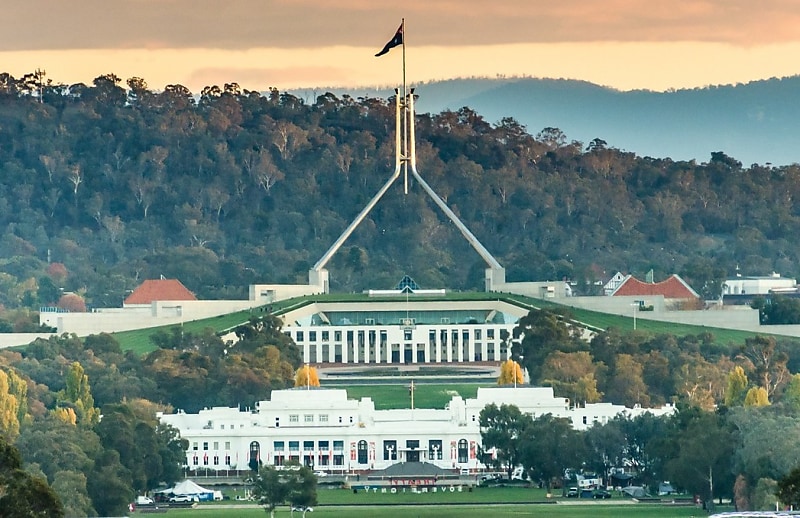Reliance on bracket creep risks record-high income taxes
TaxThe budget is becoming increasingly reliant on bracket creep as Commonwealth revenue from fuel and excise levies decline, a report has found.

The government’s reliance on bracket creep to narrow its budget deficit could push personal income tax to record levels by 2034, according to a new report from the Parliamentary Budget Office (PBO).
Declining revenue bases, caused by lower fuel and excise tax receipts, meant that income tax would eventually make up almost half of total tax revenue, approaching historical highs last seen in the mid-1980s.
The report by the PBO, released Thursday (15 November), warned that “unless other sources of revenue were found, the trajectory of the Australian government's fiscal balance would reverse and threaten the projected return to budget surplus in 10 years”.
Bracket creep occurs when inflation pushes workers into higher tax brackets without legislative changes.
Without any changes to bracket creep, the PBO projected the average personal income tax rate would rise from 24.9 per cent to 28.5 per cent and make up 46 per cent of all Commonwealth tax receipts by the end of the decade.
The tax take currently sits at 42 per cent.
The increase could be even steeper when accounting for declining revenues from other revenue sources, potentially pushing rates above 30 per cent.
The PBO said the fuel excise tax would virtually disappear by 2050 due to electric vehicle adoption, while tobacco excise continued to decline with falling smoking rates.
The changes could create an additional $60 billion revenue gap, further increasing pressure to rely on income tax.
“Governments will need to consider if they would prefer to compensate for this lost revenue through continued bracket creep, by raising taxes from other sources, by reducing spending or some combination of all three,” it said.
Should they choose to find additional funds through bracket creep, average personal income tax rates would need to be around 1.5 percentage points higher than otherwise.”
The report also outlined two bold policy interventions, including doubling the GST to 20 per cent or replacing all state taxes with a land tax.
Doubling the GST would increase receipts from around $100 billion to $200 billion every year.
The PBO said “a change of this magnitude” would improve the size of the economy, and therefore incomes, by around $17 billion and decrease the tax system’s complexity for individuals.
Alternatively, raising the entire amount of state tax revenue through land tax would increase GDP by over 2 per cent, and the federal government would benefit by around $15 billion of additional tax revenue “because the increased economic efficiency would generate more income and consumption, and hence more tax”.
“Only significant policy or other changes would materially change the tax mix,” it said.




